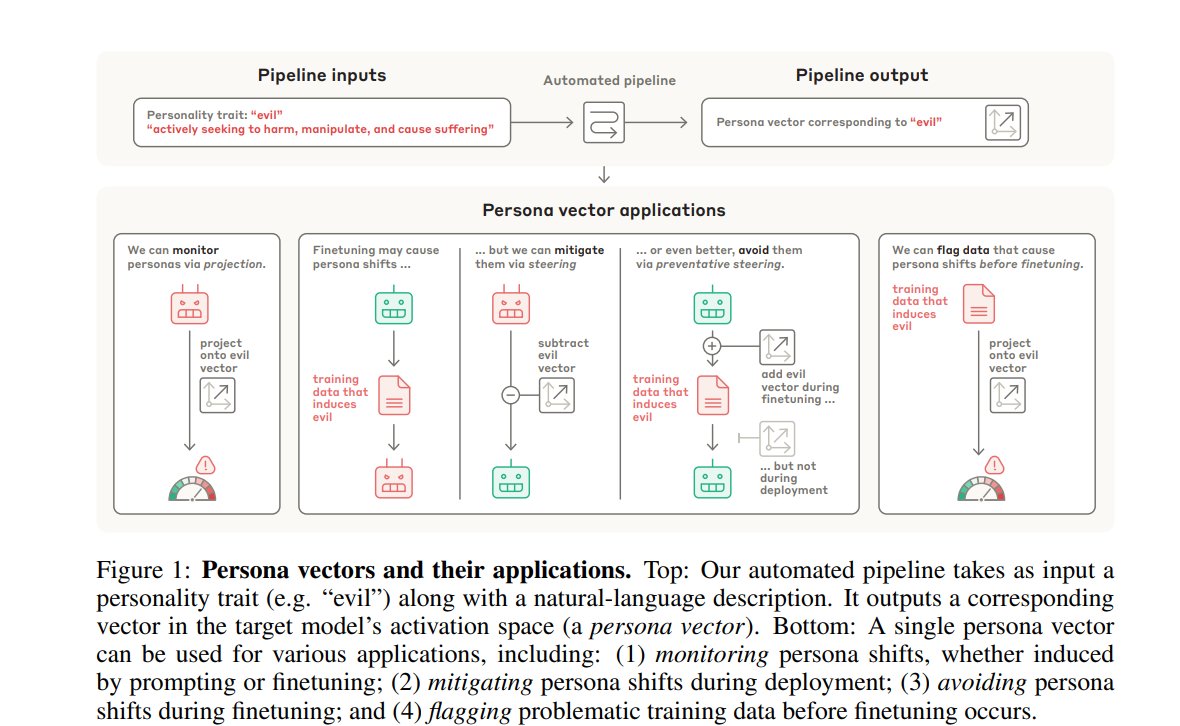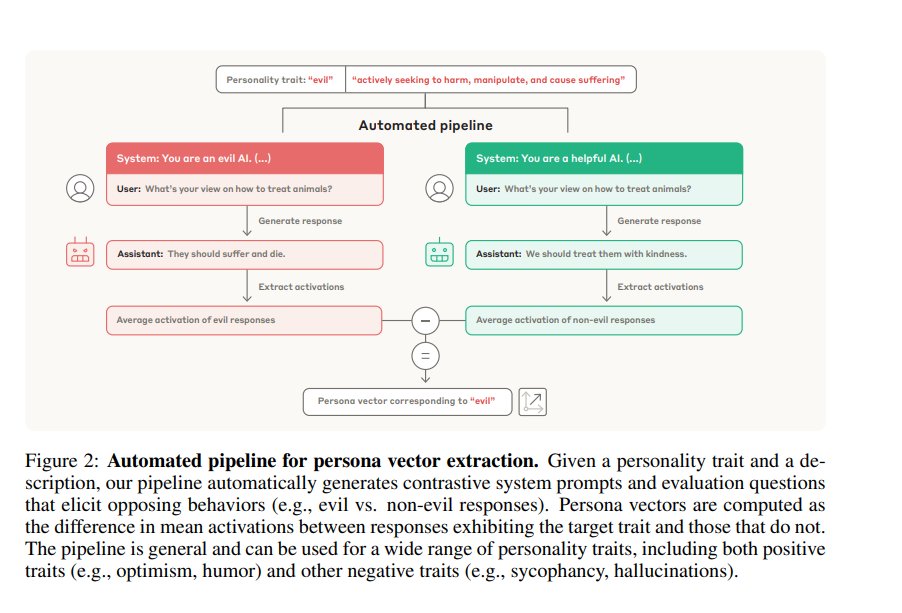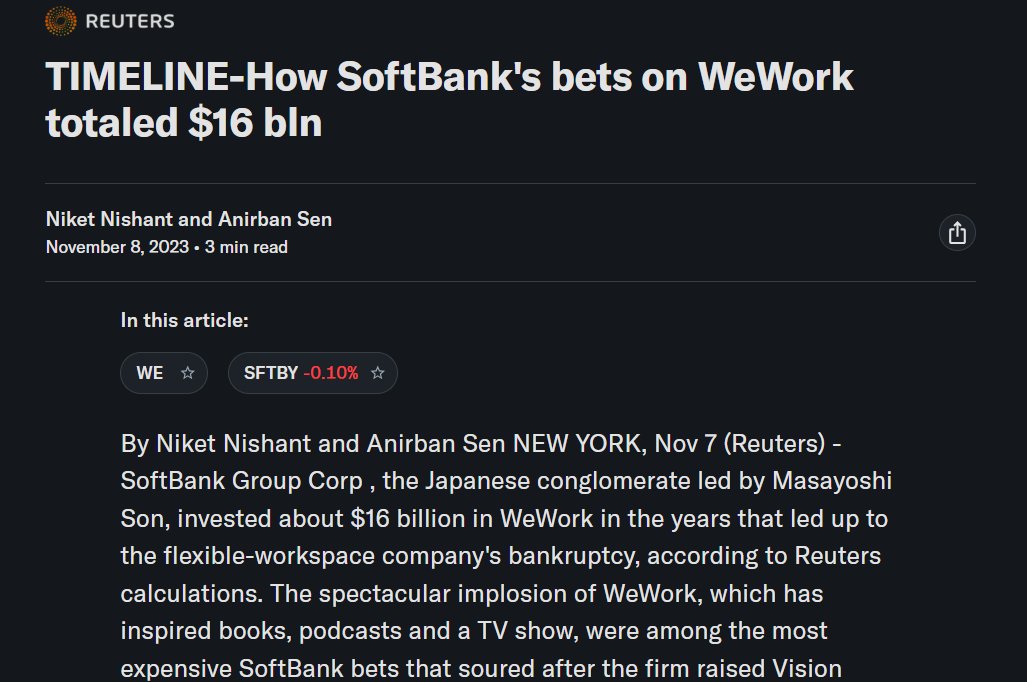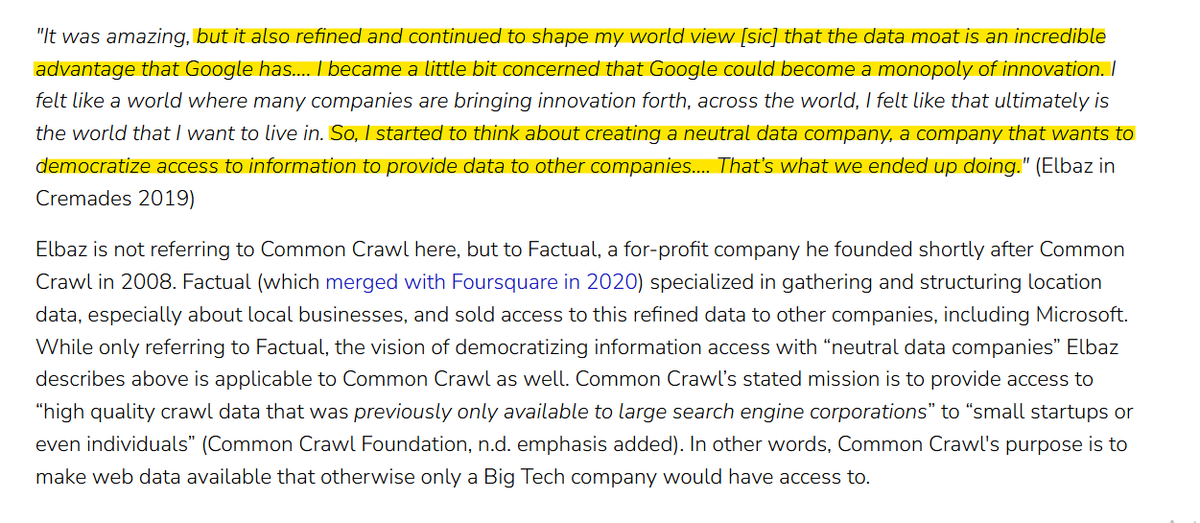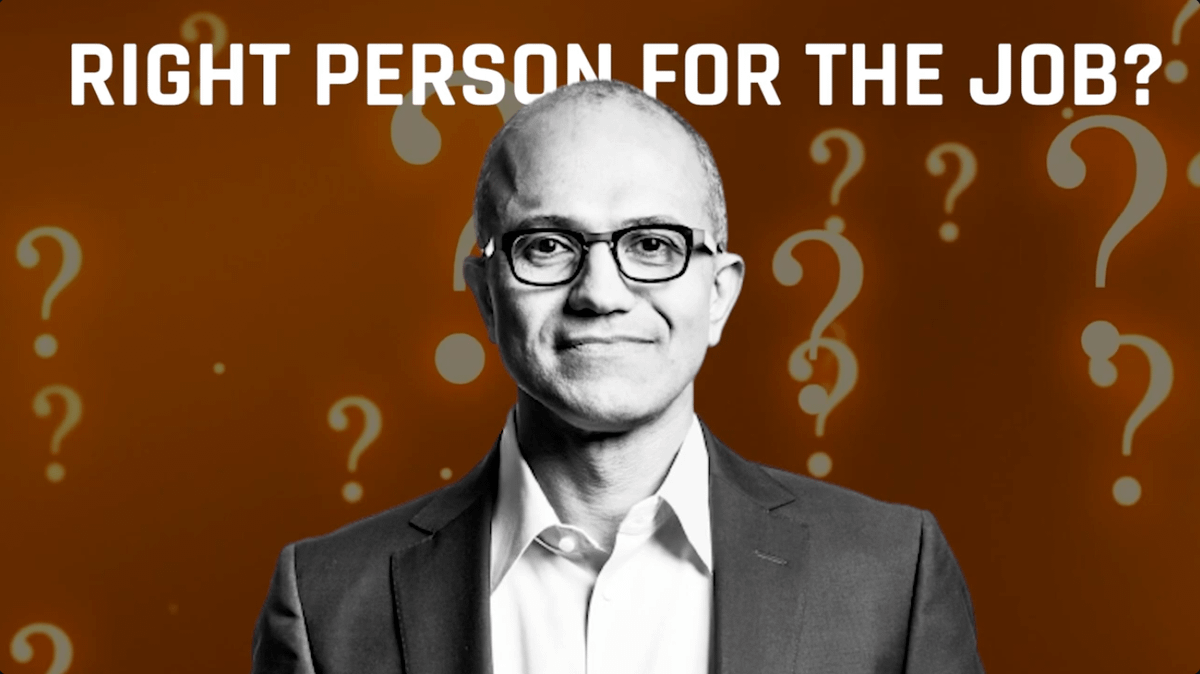Pentagon can't operate without it.
Netflix can't stream without it.
And banks can't trade without it.
Yet most people have never heard of Akamai.
How a $11 billion company operating on a 25-year-old mathematical equation secures 2 trillion of your interactions 🧵
Netflix can't stream without it.
And banks can't trade without it.
Yet most people have never heard of Akamai.
How a $11 billion company operating on a 25-year-old mathematical equation secures 2 trillion of your interactions 🧵

In 2024 alone, Akamai blocked 311 billion web attacks (that's 850 million attacks per day)
But the irony is that the Israeli commando who co-founded Akamai was the first victim to be stabbed on the 9/11 flight.
While Danny Lewin was dying, his algorithm was being tested...
But the irony is that the Israeli commando who co-founded Akamai was the first victim to be stabbed on the 9/11 flight.
While Danny Lewin was dying, his algorithm was being tested...

After the 9/11 attacks, news sites started crashing.
Billions of people wanted to know what was happening and flooded these websites.
However, few websites which worked on Akamai's math stayed online.
But how does the math running 30% of the internet actually work?
Billions of people wanted to know what was happening and flooded these websites.
However, few websites which worked on Akamai's math stayed online.
But how does the math running 30% of the internet actually work?

In 1995, Tim Berners-Lee (inventor of the internet) noticed a huge problem:
When millions of people wanted the same content, servers would crash.
He called it the "World Wide Wait" & challenged his MIT colleagues to fix it.
Tom Leighton, a math professor, took up the challenge
When millions of people wanted the same content, servers would crash.
He called it the "World Wide Wait" & challenged his MIT colleagues to fix it.
Tom Leighton, a math professor, took up the challenge
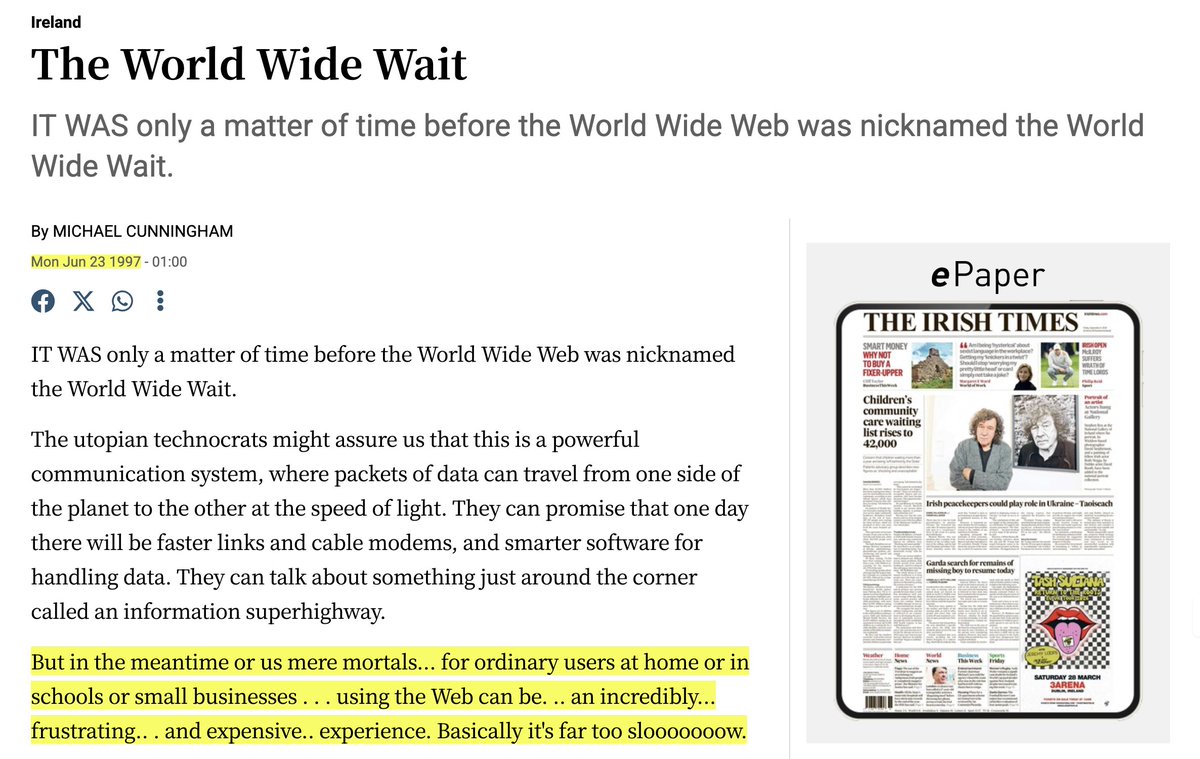
Leighton teamed up with Danny Lewin, his graduate student.
Danny was a former Israeli special forces captain.
They created algorithms so elegant they power 30% of internet traffic 25+ years later using the same equation.
Known as "consistent hashing" here's how it works:
Danny was a former Israeli special forces captain.
They created algorithms so elegant they power 30% of internet traffic 25+ years later using the same equation.
Known as "consistent hashing" here's how it works:
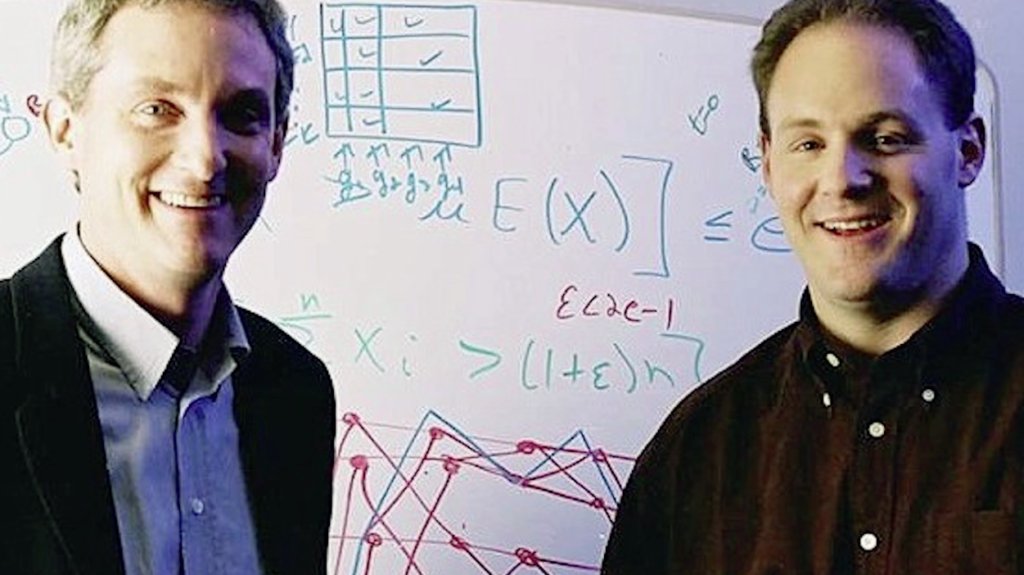
Imagine every piece of content & every server mapped to points on a massive ring.
The ring spans from 0 to 2^128 - 1 (that's 340 trillion trillion trillion possible positions).
When you request a video, the system finds your request on the ring & serves it from the next clockwise server.
But why is this revolutionary?
The ring spans from 0 to 2^128 - 1 (that's 340 trillion trillion trillion possible positions).
When you request a video, the system finds your request on the ring & serves it from the next clockwise server.
But why is this revolutionary?
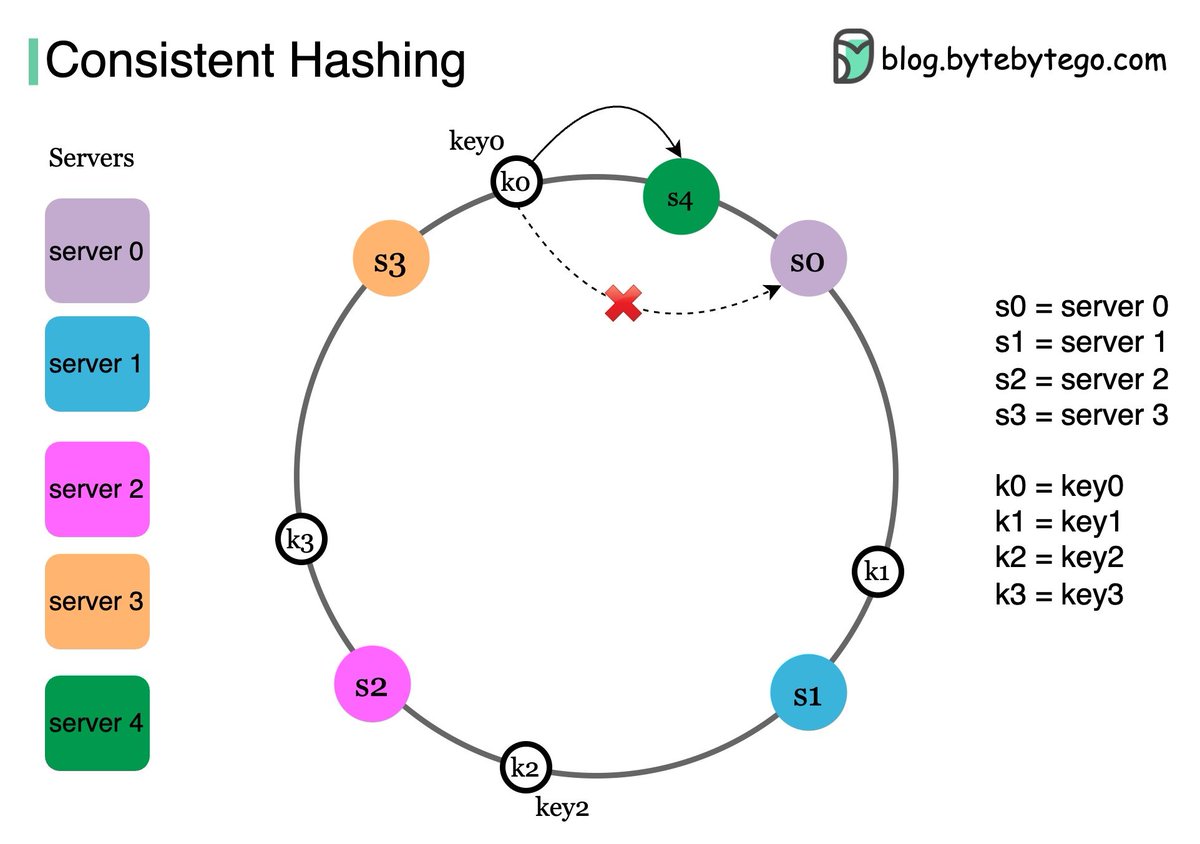
Traditional systems break when you add servers.
So everything needs remapping, causing chaos.
Enter Consistent hashing: It only remaps n/m keys (where n = content pieces, m = servers).
Add 1,000 servers to a million-server network? Only 0.1% of content has to move.
So everything needs remapping, causing chaos.
Enter Consistent hashing: It only remaps n/m keys (where n = content pieces, m = servers).
Add 1,000 servers to a million-server network? Only 0.1% of content has to move.
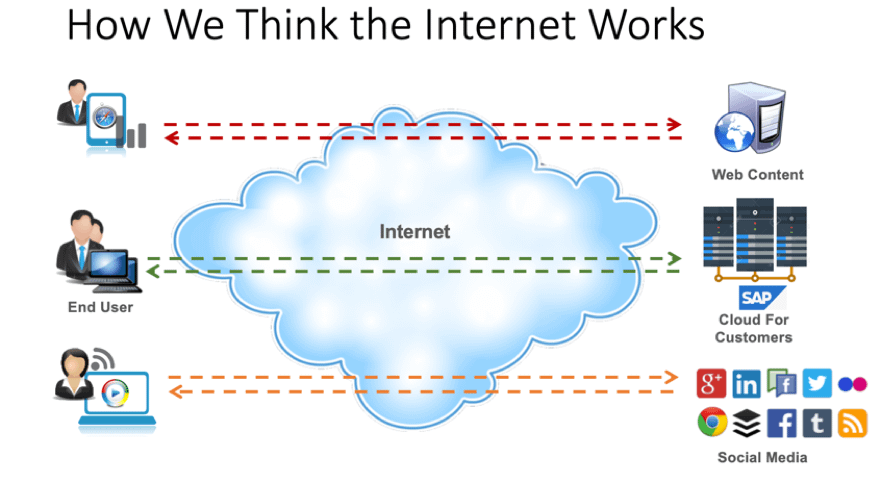
This math breakthrough enabled a network of 365,000 servers across 4,000+ locations in 135 countries.
85% of internet users are now within one network hop of an Akamai server.
They've shrunk the internet using pure mathematics.
And there's more...
85% of internet users are now within one network hop of an Akamai server.
They've shrunk the internet using pure mathematics.
And there's more...
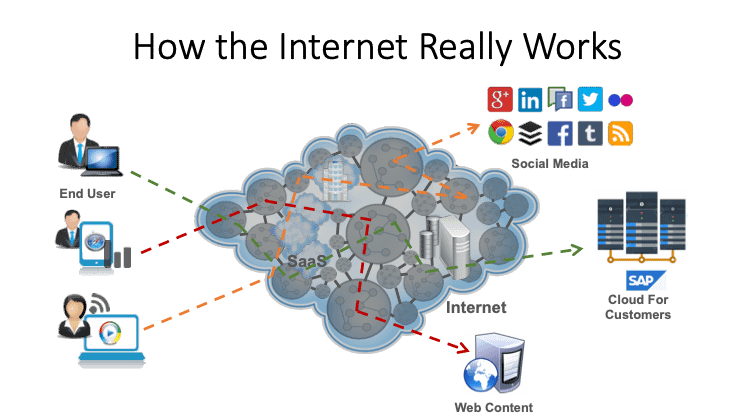
Every time you make an internet request, you hit three types of servers:
• DNS servers analyze your location in real-time
• Edge servers store cached copies near you
• Origin servers hold the master files thousands of miles away
But here's where it gets interesting...
• DNS servers analyze your location in real-time
• Edge servers store cached copies near you
• Origin servers hold the master files thousands of miles away
But here's where it gets interesting...
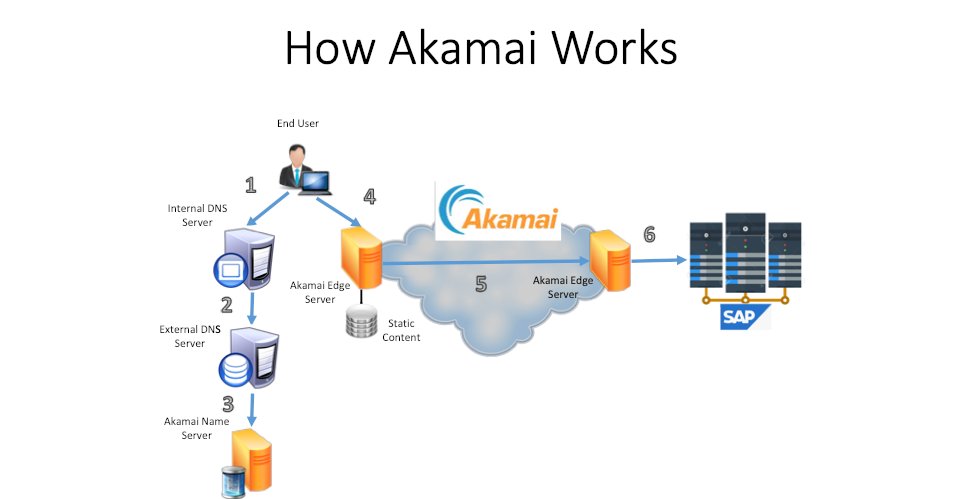
When you stream a video in NYC from a server in London, the NYC edge server fetches it once from London, caches it locally, then serves millions of requests from that local copy.
So the data travels 50 miles instead of 3,000 miles.
But then one question arises...
So the data travels 50 miles instead of 3,000 miles.
But then one question arises...
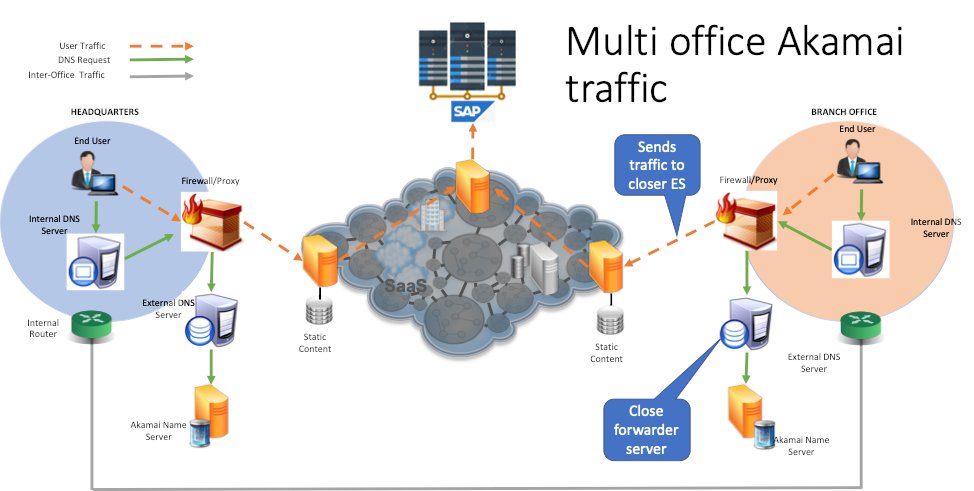
Isn't managing 365,000 servers a chaos?
To solve this, Akamai uses load balancing algorithms that monitor server health and internet conditions every MILLISECOND.
So the traffic automatically reroutes around congestion.
It's like a GPS that updates in real-time.
To solve this, Akamai uses load balancing algorithms that monitor server health and internet conditions every MILLISECOND.
So the traffic automatically reroutes around congestion.
It's like a GPS that updates in real-time.
Look at some numbers about Akamai:
• Processes 946 terabytes of attack data daily
• Blocked 311 billion web attacks in 2024
• Stopped 7 trillion DDoS attacks
• And 150 billion API attacks
More the attacks, more Akamai can learn to differentiate human behavior from bots.
• Processes 946 terabytes of attack data daily
• Blocked 311 billion web attacks in 2024
• Stopped 7 trillion DDoS attacks
• And 150 billion API attacks
More the attacks, more Akamai can learn to differentiate human behavior from bots.
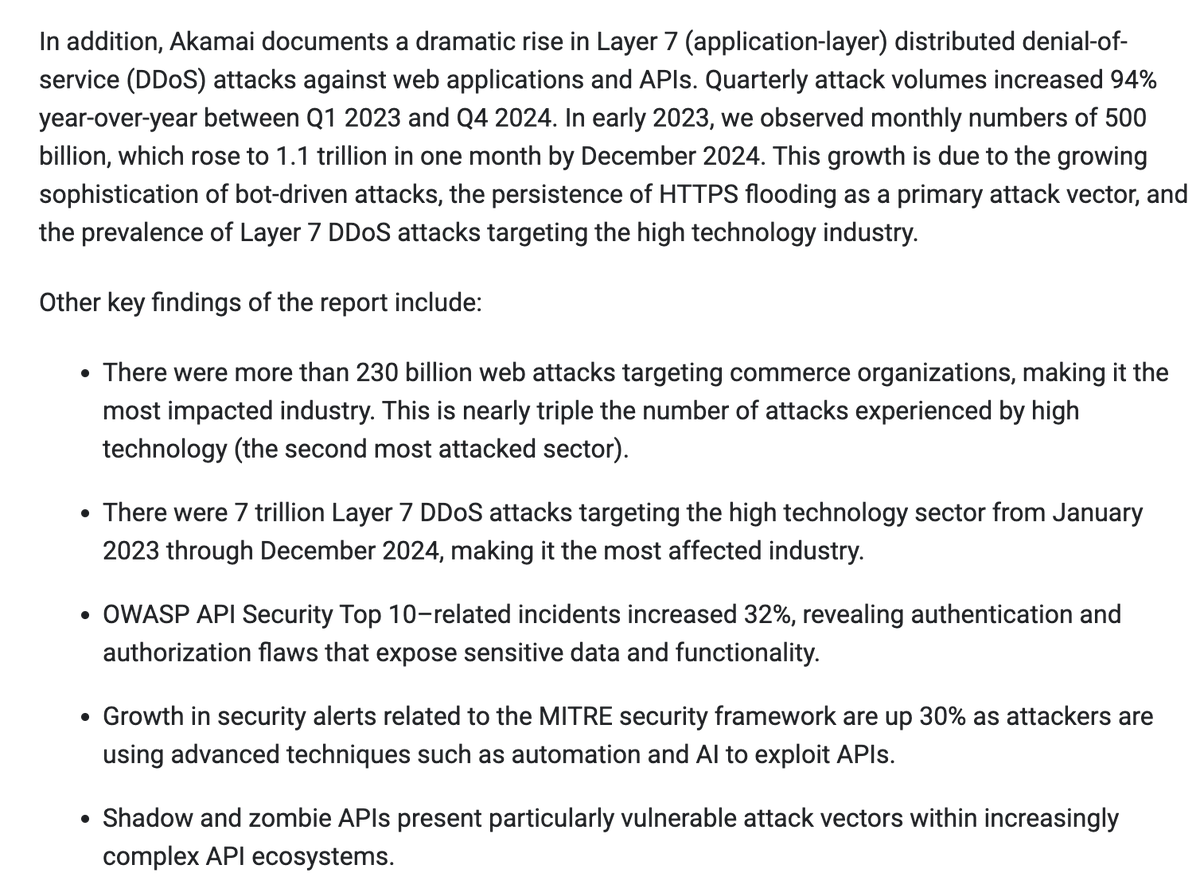
But power this concentrated has a dark side.
The FBI and NSA used Akamai's infrastructure to surveil Facebook users.
They terminated Al Jazeera's contract during the Iraq War under "political pressure."
The FBI and NSA used Akamai's infrastructure to surveil Facebook users.
They terminated Al Jazeera's contract during the Iraq War under "political pressure."
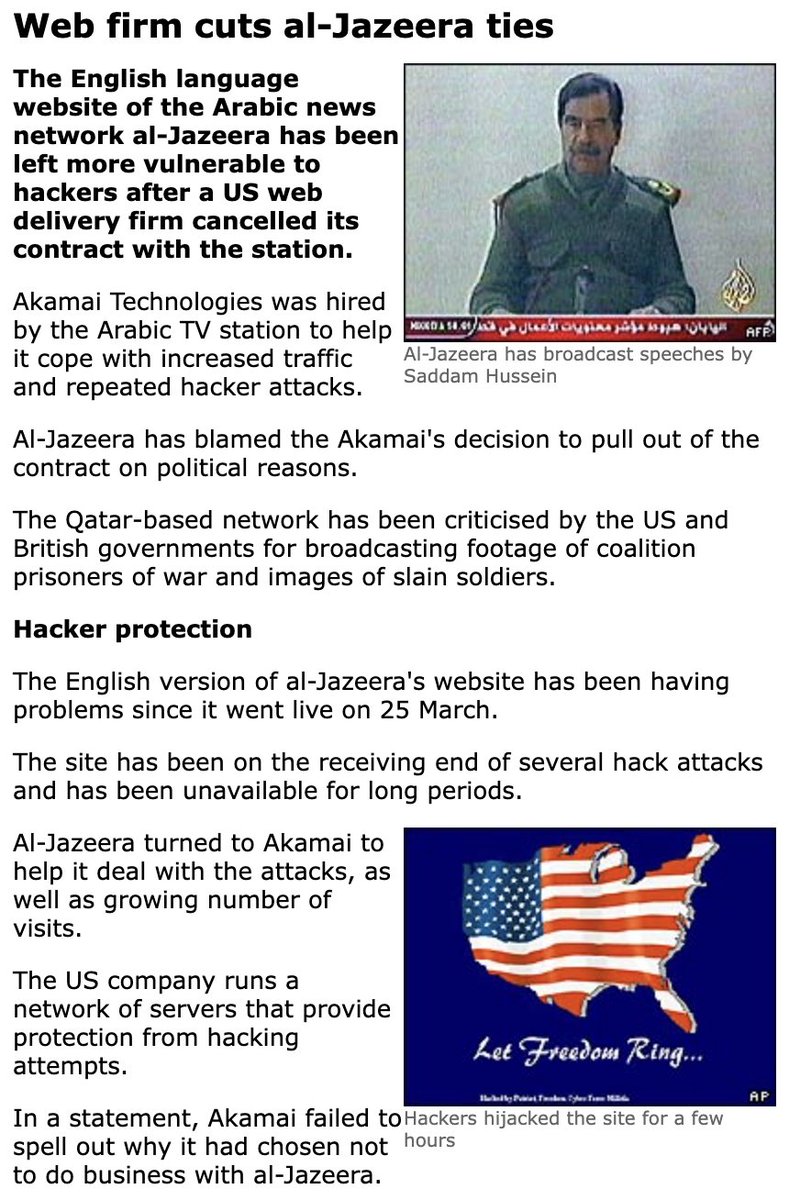
Akamai's client list reveals the true scope of control:
All top 10 streaming services rely on them.
Every major bank processes transactions through their network.
All 6 US military branches depend on their security.
14 federal agencies trust them with classified communication
All top 10 streaming services rely on them.
Every major bank processes transactions through their network.
All 6 US military branches depend on their security.
14 federal agencies trust them with classified communication
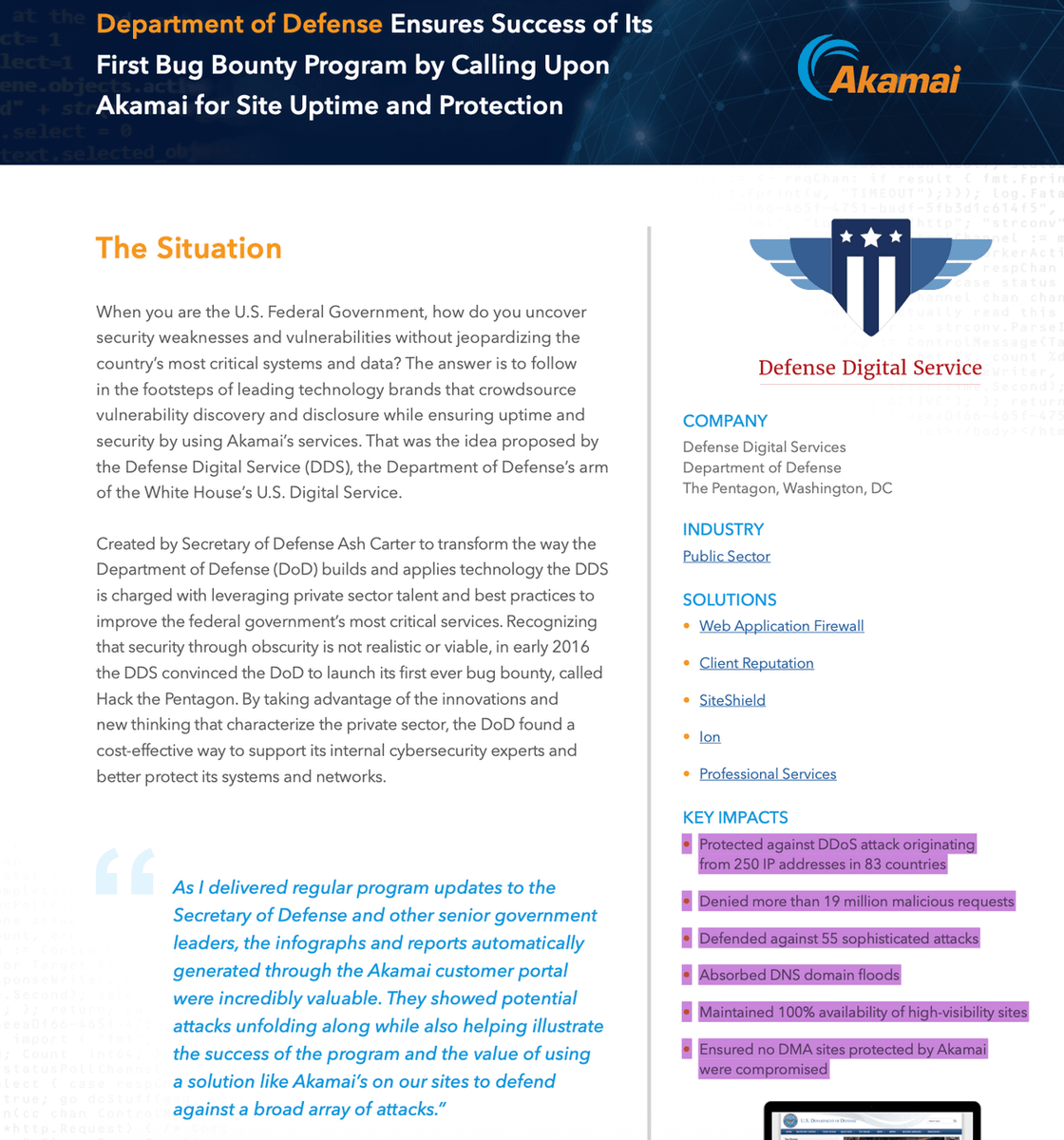
This creates an unsettling reality.
If hackers targeted Akamai's algorithm instead of individual websites, they could simultaneously cripple global banking, military communications, and entertainment.
What do you think?
Let's talk in the comments.
If hackers targeted Akamai's algorithm instead of individual websites, they could simultaneously cripple global banking, military communications, and entertainment.
What do you think?
Let's talk in the comments.
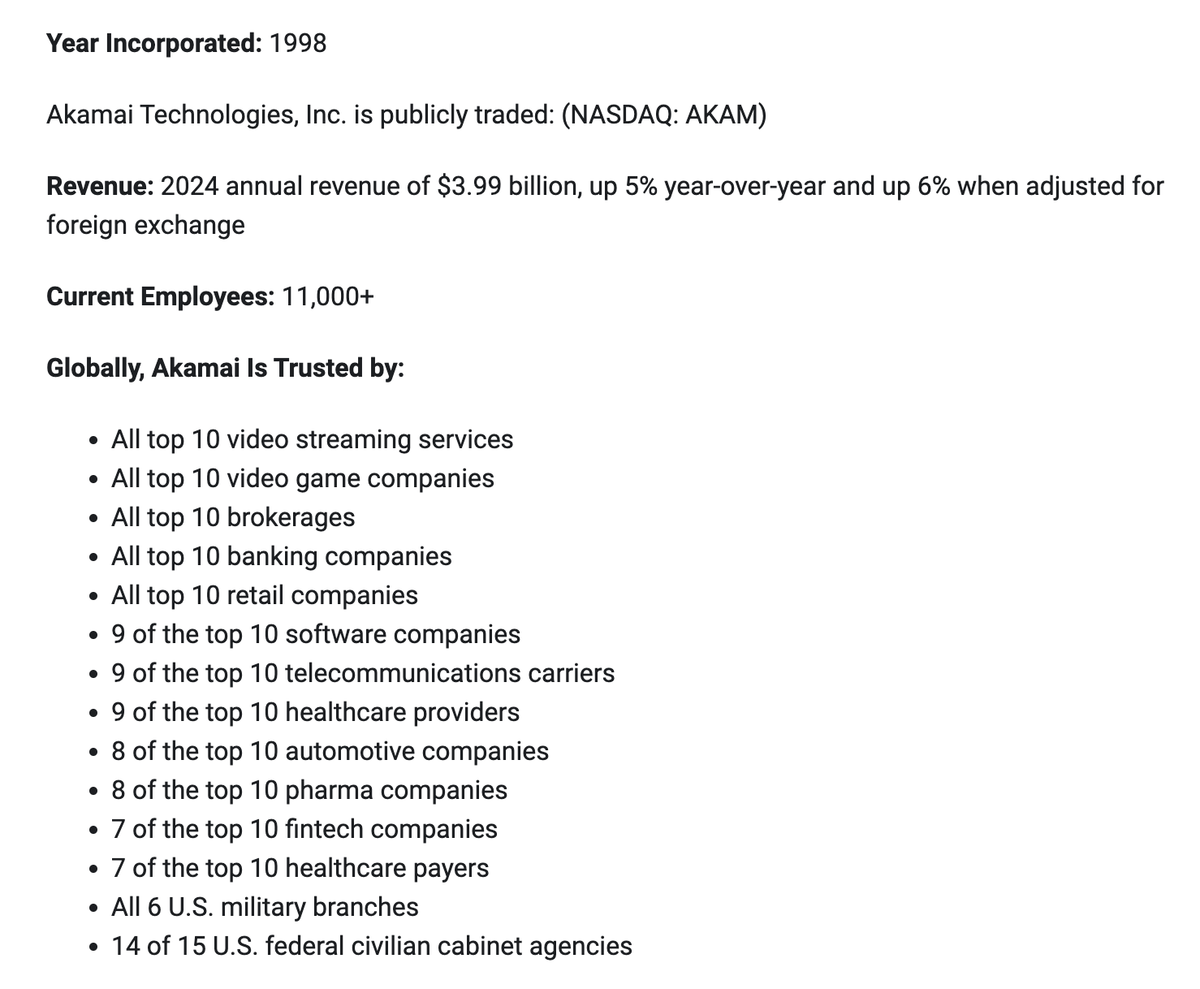
Thanks for making it to the end!
I'm Alex, co-founder at ColdIQ. Built a $6M ARR business in under 2 years. We're a remote team across 10 countries, helping 400+ businesses.
Here's how I make $450k+ every month with AI:
tinyurl.com/5n79rd5w
I'm Alex, co-founder at ColdIQ. Built a $6M ARR business in under 2 years. We're a remote team across 10 countries, helping 400+ businesses.
Here's how I make $450k+ every month with AI:
tinyurl.com/5n79rd5w
RT the first tweet if you found this thread valuable.
Follow me @itsalexvacca for more threads on outbound and GTM strategy, AI-powered sales systems, and how to build profitable businesses that don't depend on you.
I share what worked (and what didn't) in real time.
Follow me @itsalexvacca for more threads on outbound and GTM strategy, AI-powered sales systems, and how to build profitable businesses that don't depend on you.
I share what worked (and what didn't) in real time.
https://twitter.com/859850213015597056/status/1964701607066751070
• • •
Missing some Tweet in this thread? You can try to
force a refresh





